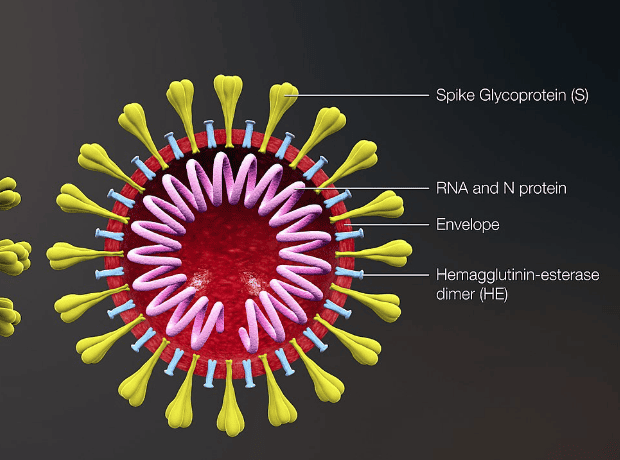As of this morning – Friday April 23 – the current recorded case count for COVID-19 (coronavirus) in the UK has hit 138,078 with 18,738 deaths.
Scancell has initiated a research programme to develop a vaccine for COVID-19.
The firm’s DNA vaccines target dendritic cells to stimulate high avidity T cells that survey and destroy diseased cells.
According to the firm, this approach was shown to be “highly successful” with its lead ImmunoBody cancer vaccine, SCIB1, which was “safely administered to patients with malignant melanoma, and mediated excellent five-year survival in a Phase 1/2 clinical trial”.
Scancell is aiming to produce a simple, safe, cost-effective and scalable vaccine to induce both durable T cell responses and virus neutralising antibodies (VNAbs) against COVID-19.
“As research data emerges, it is becoming increasingly clear that the induction of potent and activated T cells may play a critical role in the development of long-term immunity and clearance of virus-infected cells. Although other vaccines may reach the clinic earlier, the company believes its combined T cell and antibody approach should give more potent and long-lasting responses, ultimately leading to better protection,” the firm said.
Initial research is underway and Scancell anticipates initiating a Phase I clinical trial COVIDITY in Q1 2021, subject to funding. The group noted that is is actively seeking development partners and additional funding to support the rapid development of the vaccine.
The project will be led by Professor Lindy Durrant, chief scientific officer and Professor of Cancer Immunotherapy at the University of Nottingham, in collaboration with scientists in the newly established Centre for Research on Global Virus Infections and the new Biodiscovery Institute at the University of Nottingham, and Nottingham Trent University.
“We believe our combined high avidity T cell and neutralising antibody approach has the potential to produce a second-generation vaccine that will generate an effective and durable immune response to COVID-19,” she said.










